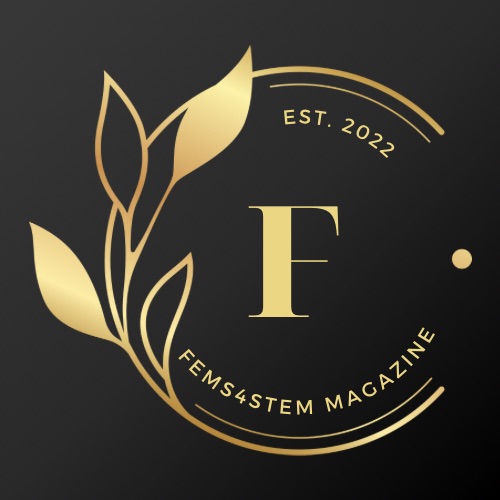
Hi Kimberly! It’s so nice to meet you. Please introduce yourself to our readers.
Hello! The pleasure is all mine. Thank you for this opportunity. I was born and raised in Mississippi, but I currently live in Texas. My interest in STEM began at an early age, with a fascination with computers that blossomed over the years. I majored in Educational Technology at Jackson State University and went on to become a STEM teacher. During that time, I developed a specialty in teaching adults how to integrate computer science into their classrooms. Fast forward to my journey as a Director of Blended Learning.
My previous school was the first K-12 STEM district in Texas! This was an incredible experience where our students had the opportunity to build a car and even an airplane that was flown to deliver supplies to those in need. Currently, I work as an Educator Advocacy Lead. I hold a Bachelor of Arts in Educational Technology, a Master of Education in Secondary Education, and an Educational Specialist degree in Secondary Education specializing in Educational Administration. I’m also currently pursuing a doctorate in Curriculum and Instruction.
“Once my mindset shifted, so many possibilities that I never knew existed opened up to me.”
Google Education and certifications have gained prominence in education. What advice would you offer to educators looking to leverage Google tools and certifications to enhance their teaching practices and create more inclusive learning environments?My advice is to always clearly define your goals when pursuing certifications. Planning your desired outcomes is a mindset shift that’s crucial for personal and professional growth. For example, I chose to obtain Google for Education certifications to deepen my understanding of integrating Google tools into my classroom. I also wanted to ensure I stayed current with the latest in-demand skills. If you plan to use any technology tool in the classroom, prioritize empowering yourself first. This idea of self-empowerment is something I didn’t truly grasp until later in my career.

As a STEM advocate, what advice would you give to a young girl who is interested in pursuing a STEM career, specifically computer science? My advice to any young girl is this: don’t be afraid to ask questions, explore the unknown, and remember that failure is a natural part of the journey. The most important thing is to take the first step.

Kimberly Lane Clark, has dedicated the past 16 years of her career to championing digital equity for minority girls. With a background as an educator in Mississippi and Texas, Kimberly brings a wealth of classroom experience to her current role as an Educator Advocacy Lead. In her work, Kimberly collaborates closely with educators to leverage educational technology and build community for transformative impact. Learn more about Kimberly and her EdTech STEM advocacy at www.askatechnogirl.com/
Instagram: www.instagram.com/askatechnogirl
Twitter: www.twitter.com/askatechnogirl


